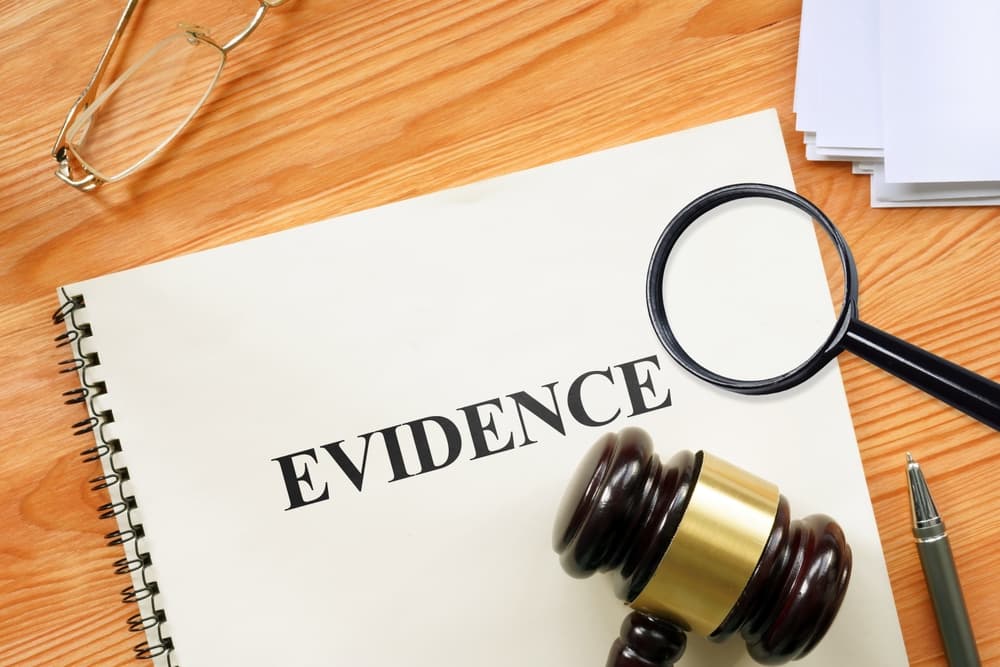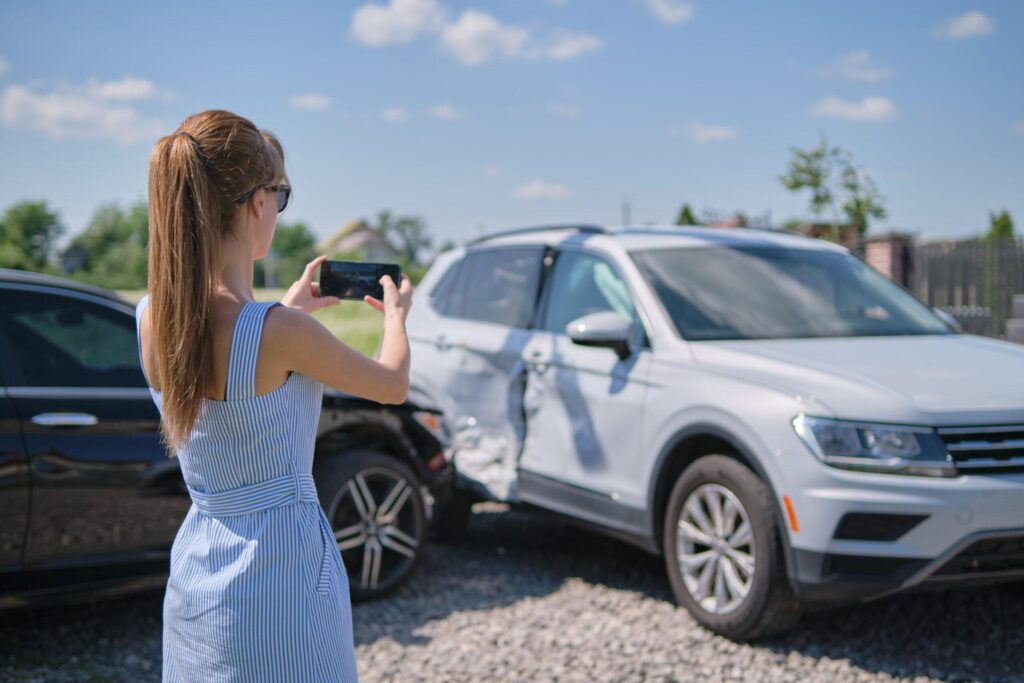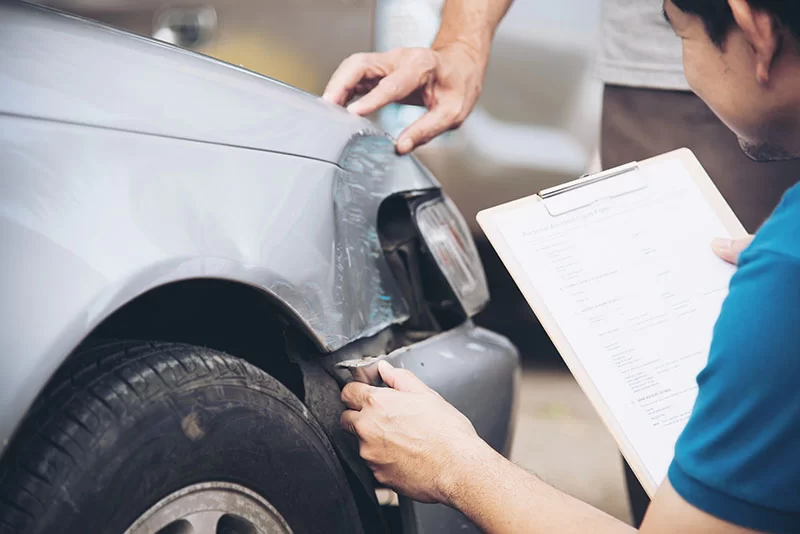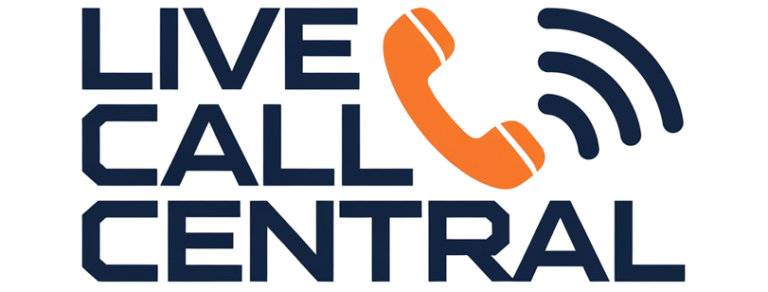Introduction
A car accident can be a traumatic and life-altering event, leaving victims with physical injuries, emotional distress, and financial burdens. When pursuing a claim for compensation, having strong evidence is crucial in proving fault, determining liability, and securing fair compensation for damages. Whether dealing with insurance companies or presenting a case in court, the strength of the evidence plays a significant role in achieving a favorable outcome. Understanding the key types of evidence needed can help victims build a compelling case that supports their claims.
The Importance Of Evidence In A Car Accident Case

In any legal dispute, evidence serves as the foundation for proving claims. In a car accident case, the burden of proof typically falls on the victim, meaning they must provide sufficient evidence to establish the other party’s liability. Without concrete evidence, insurance companies may attempt to deny claims, minimize payouts, or even shift blame onto the victim. Strong evidence helps counter these tactics and ensures that the truth is accurately represented.
Evidence is not just about proving who was at fault; it also plays a crucial role in demonstrating the extent of injuries, the financial impact of the accident, and the pain and suffering endured by the victim. In the absence of solid proof, it becomes a battle of conflicting statements, which can weaken a claim. Therefore, collecting and preserving the right evidence is essential for a successful car accident case.
Police Reports As Foundational Evidence
One of the most important pieces of evidence in a car accident case is the official police report. When law enforcement officers respond to an accident, they conduct an investigation, document their findings, and compile a report detailing key aspects of the crash. The police report includes important information such as the time, location, weather conditions, witness statements, and the officers’ assessment of the accident scene.
Police reports often contain details about any traffic violations committed by the drivers involved, such as speeding, running a red light, or reckless driving. If the responding officer determines that one party was at fault, this conclusion can significantly strengthen a claim. Insurance companies and courts give considerable weight to police reports, making them a crucial element of evidence.
Photographic And Video Evidence From The Scene
Visual evidence captured at the accident scene can provide undeniable proof of what happened. Photos and videos help document the damage to vehicles, road conditions, skid marks, traffic signs, weather conditions, and any visible injuries sustained by those involved. This type of evidence can be particularly powerful in reconstructing the accident and disproving false claims.
Dashcam footage, surveillance cameras from nearby businesses, or recordings from bystanders can also serve as valuable evidence. These videos can capture the precise moment of the crash, making it difficult for the at-fault party to deny responsibility. If available, securing this type of visual evidence can be a game-changer in a car accident case.
Eyewitness Testimonies And Their Impact

Independent eyewitnesses play a critical role in car accident cases. Unlike the drivers involved, witnesses have no personal stake in the outcome, which makes their accounts more credible. Witness testimonies can help clarify how the accident happened, who was at fault, and whether any traffic laws were violated.
Eyewitnesses can describe details that may not be immediately evident, such as the speed of the vehicles, erratic driving behavior, or distracted driving. In cases where liability is disputed, a credible witness can tip the scales in favor of the injured party. Therefore, collecting the names and contact information of witnesses at the scene can significantly strengthen a case.
Medical Records And Expert Testimony
Injuries sustained in a car accident can range from minor bruises to severe, life-threatening conditions. Medical records serve as critical evidence in proving the extent of injuries and their direct connection to the accident. Seeking immediate medical attention is not only important for health reasons but also for legal purposes. Insurance companies often argue that injuries were pre-existing or not caused by the accident, so prompt medical documentation is vital.
Doctors, physical therapists, and medical experts can provide professional testimony regarding the severity of injuries, necessary treatments, and long-term consequences. In cases involving permanent disability or ongoing medical care, expert testimony can help establish the true impact of the accident on the victim’s life. Medical bills, prescriptions, diagnostic test results, and treatment plans all serve as evidence to quantify damages in a claim.
Accident Reconstruction And Forensic Evidence
Accident reconstruction experts use scientific methods to analyze the circumstances of a crash and determine how it occurred. By examining vehicle damage, skid marks, road conditions, and impact points, these professionals can create a detailed report or simulation that supports a victim’s claim.
Forensic evidence, such as black box data from vehicles, can also provide valuable insights. Many modern vehicles are equipped with event data recorders (EDRs) that capture crucial information like speed, brake usage, and steering input in the moments before a crash. This data can be instrumental in proving negligence or reckless driving. If liability is contested, accident reconstruction and forensic evidence can be highly persuasive in court.
Phone Records And Evidence Of Distracted Driving
Distracted driving is a leading cause of car accidents, and proving that a driver was using their phone at the time of the crash can significantly impact liability. Cell phone records can reveal whether a driver was texting, making calls, or using apps while behind the wheel.
If distracted driving is suspected, an attorney can request phone records through a subpoena to establish negligence. This type of evidence can be particularly compelling, as it demonstrates that the at-fault driver was not paying full attention to the road. In combination with witness statements and surveillance footage, phone records can strengthen a claim against a distracted driver.
Proof Of Financial Losses And Economic Damages
Car accidents often lead to substantial financial burdens, including medical expenses, lost wages, vehicle repairs, and other out-of-pocket costs. Providing concrete evidence of these financial losses is crucial for obtaining fair compensation.
Pay stubs, tax returns, employment records, and letters from employers can demonstrate lost income due to missed work. Repair estimates, invoices, and receipts from auto shops serve as proof of vehicle damage and repair costs. Additionally, receipts for medical treatments, therapy sessions, and medications help quantify the financial impact of injuries.
A strong case includes not only proof of immediate expenses but also projections of future costs related to long-term medical care, rehabilitation, and diminished earning capacity. Documenting all economic damages ensures that victims receive the compensation they deserve.
Statements From The Involved Parties

While witness testimonies are valuable, statements from the drivers involved can also be significant. However, it is crucial to be cautious when providing statements to insurance companies, as they may attempt to use them against the claimant. Anything said at the accident scene or during insurance negotiations can be scrutinized and misinterpreted.
It is often advisable to consult with an attorney before making any recorded statements. A legal expert can guide the victim on what to say and help prevent insurance companies from using misleading tactics to devalue the claim.
The Role Of Legal Representation In Strengthening A Case
While collecting evidence is essential, knowing how to use it effectively is equally important. Experienced personal injury attorneys understand how to compile, present, and leverage evidence to build a strong case. They can gather expert testimony, negotiate with insurance companies, and, if necessary, take the case to court to secure maximum compensation.
Attorneys also handle legal complexities, ensuring that victims do not miss critical deadlines or make procedural mistakes that could harm their case. With professional legal representation, car accident victims have a higher chance of obtaining the justice and compensation they deserve.
Conclusion
Building a strong car accident case requires substantial evidence to prove liability, demonstrate the severity of injuries, and quantify financial losses. Police reports, photographic and video evidence, eyewitness testimonies, medical records, and forensic analysis all play a crucial role in establishing fault and securing fair compensation. Additionally, phone records, financial documentation, and professional legal guidance can further strengthen a claim.
The aftermath of a car accident can be overwhelming, but gathering and preserving the right evidence can make a significant difference in the outcome of a case. By understanding the types of evidence needed and seeking expert legal assistance, victims can improve their chances of obtaining the justice and compensation they rightfully deserve.


